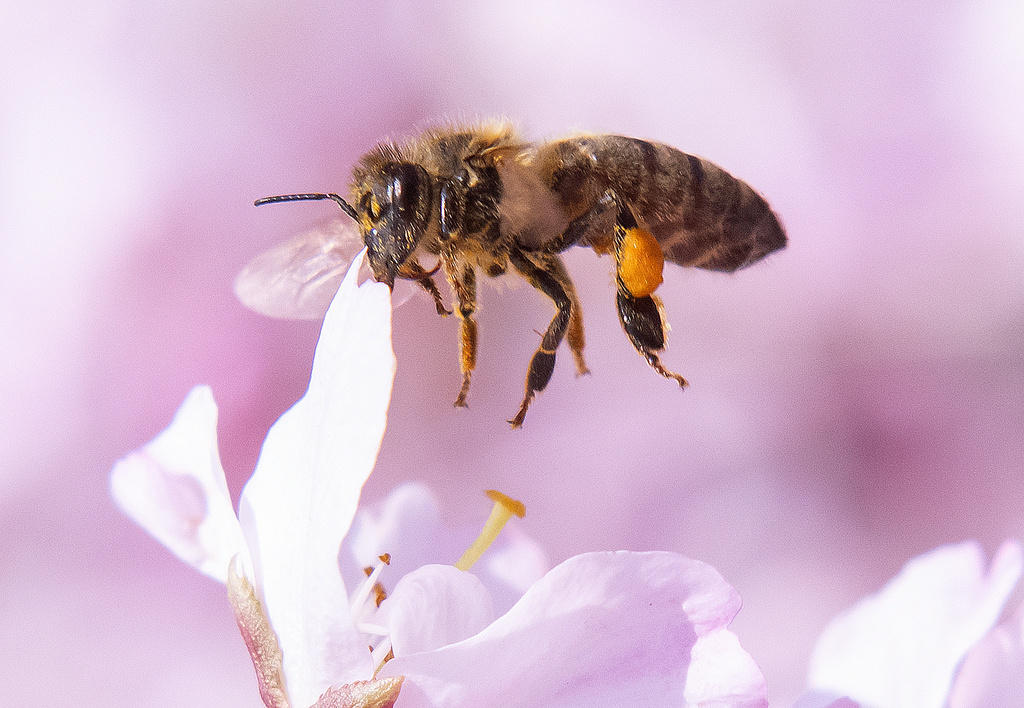
Swiss highland grasslands are in decline

A study of meadows and pastures has shown that those at higher elevations are in worse condition than they were 20 years ago.
Dry grasslands are home to many rare and threatened plants in Switzerland, but because of agriculture, 95% of them have disappeared since the start of the 20th century. To protect the remaining ones, 3,600 plots were granted conservation status in 1995.
To see how they’ve fared in the meantime, scientists at the Swiss Federal Institute for Forest, Snow and Landscape Research (WSL)External link have inspected the vegetation at more than 500 sites.
“In lowland areas, the habitat quality of dry grasslands largely remained constant, suggesting that the conservation measures have been successful. In contrast, the habitat quality of the particularly species-rich grasslands at higher elevations declined,” reports WSL.
Two possible culprits are fertiliser and neglect. “While fertilisation and irrigation are banned from designated dry grasslands in Switzerland, it may well be that airborne nutrients from the intensively used surroundings are deposited in protected areas, which might lead to vegetation changes,” explains WSL, noting that common, nutrient-loving plants can edge out the dry grassland species that prefer “nutrient-poor” conditions.
And if a previously farmed plot is suddenly allowed to grow wild, shrubs and trees can take over and displace the typical native vegetation. For this reason, the researchers recommend cutting back woody species and allowing animals to graze in these areas.
The study findings have been published in the scientific journal TuexeniaExternal link and the specialist journals N+L InsideExternal link and FloraCHExternal link.

More
Swiss scientists call for action on disappearing insects

In compliance with the JTI standards
More: SWI swissinfo.ch certified by the Journalism Trust Initiative



























You can find an overview of ongoing debates with our journalists here . Please join us!
If you want to start a conversation about a topic raised in this article or want to report factual errors, email us at english@swissinfo.ch.